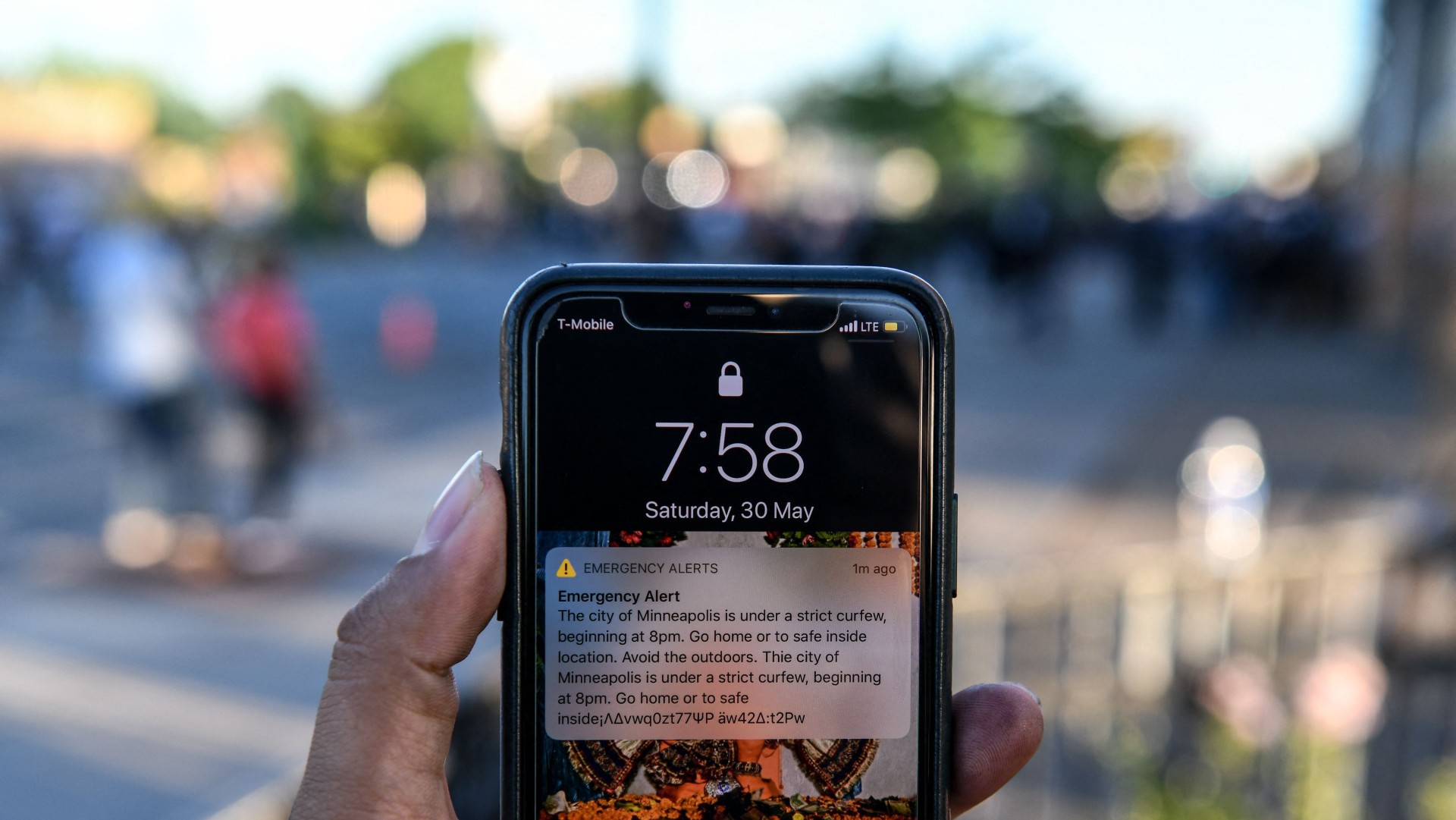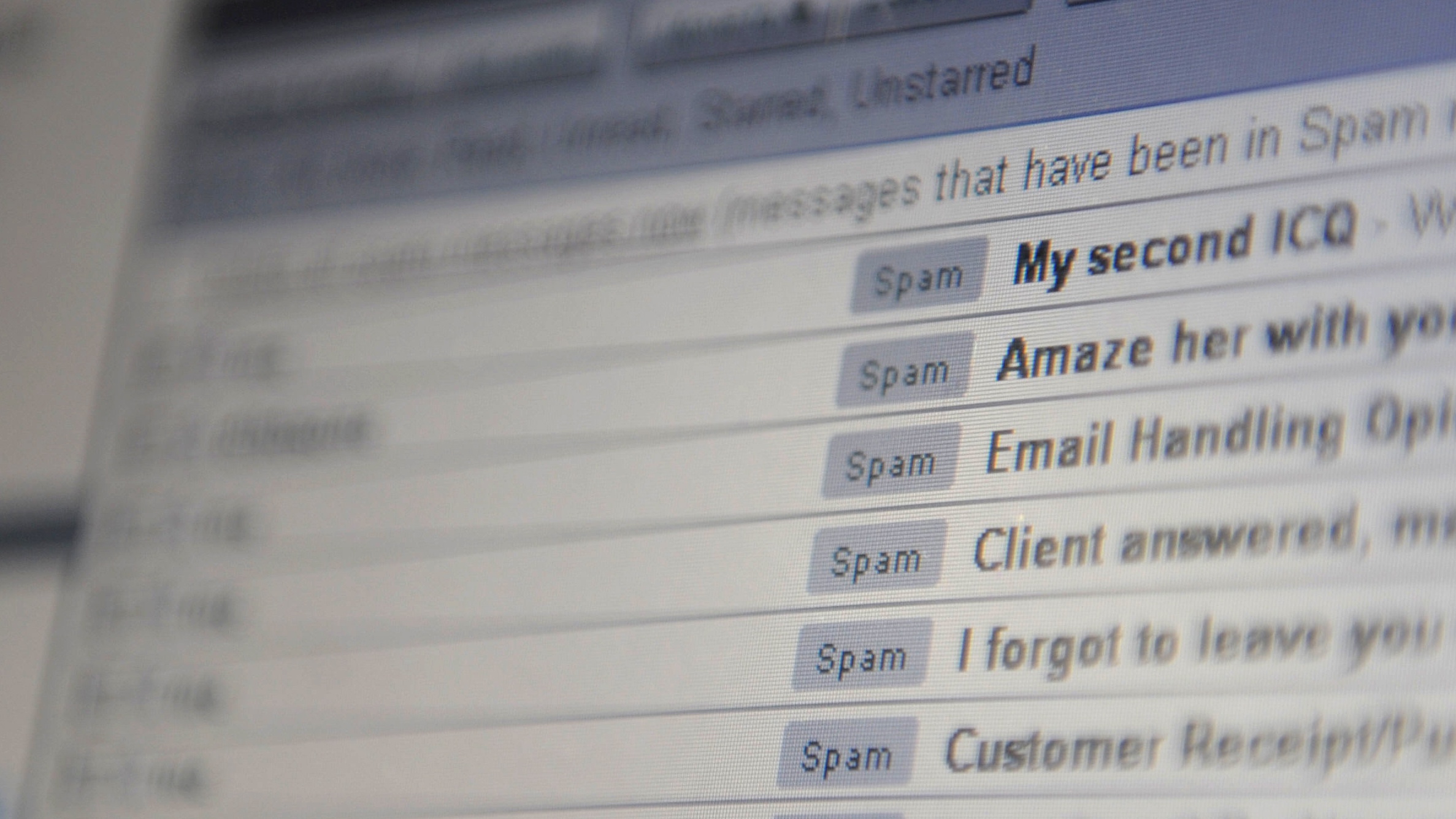UK court examines GCHQ’s bulk hack of phones and laptops
Judges examine MI5 and MI6 spying tactics exposed by Edward Snowden

A free daily email with the biggest news stories of the day – and the best features from TheWeek.com
You are now subscribed
Your newsletter sign-up was successful
GCHQ’s bulk hacking of smartphones and computers in the UK is at the centre of a Court of Appeal case starting today that pits privacy advocates against the UK’s most secretive court, the Investigatory Powers Tribunal (IPT).
Privacy International’s legal fight is linked to a data leak by US whistle-blower Edward Snowden, who exposed widespread surveillance by the US National Security Agency and the UK’s GCHQ, The Guardian says.
The privacy group is challenging a ruling by the IPT that allows MI5, MI6 and GCHQ - the Government’s listening post in Cheltenham - to spy on hundreds of thousands of Britons using one, sweeping warrant. The “thematic warrants” allow UK security services to hack, for example, “the computers of everyone who has travelled to the Middle East, or the entire population of Birmingham”, reports Computer Weekly.
The Week
Escape your echo chamber. Get the facts behind the news, plus analysis from multiple perspectives.

Sign up for The Week's Free Newsletters
From our morning news briefing to a weekly Good News Newsletter, get the best of The Week delivered directly to your inbox.
From our morning news briefing to a weekly Good News Newsletter, get the best of The Week delivered directly to your inbox.
The appeals court is to rule on two matters: whether the UK’s bulk surveillance practice is a breach of privacy under European law; and whether civil courts have primacy over an intelligence tribunal that operates partly in secret.
The legal battle has been going on for years. Privacy International and seven internet service providers initiated court proceedings in 2014 before the IPT, arguing that the mass UK hacks are a breach of the human rights to privacy and freedom of speech. But the UK Tribunal ruled that the hacking warrants “need not be defined by reference to named or identified individuals”.
Privacy International then launched a judicial review of the tribunal’s decision in the High Court, but lost - leading to today’s appeal.
A free daily email with the biggest news stories of the day – and the best features from TheWeek.com
-
 Quiz of The Week: 14 – 20 February
Quiz of The Week: 14 – 20 FebruaryQuiz Have you been paying attention to The Week’s news?
-
 The Week Unwrapped: Do the Freemasons have too much sway in the police force?
The Week Unwrapped: Do the Freemasons have too much sway in the police force?Podcast Plus, what does the growing popularity of prediction markets mean for the future? And why are UK film and TV workers struggling?
-
 Properties of the week: pretty thatched cottages
Properties of the week: pretty thatched cottagesThe Week Recommends Featuring homes in West Sussex, Dorset and Suffolk
-
 Pros and cons of the emergency alert
Pros and cons of the emergency alertPros and Cons Already used successfully in US, Greece and Japan, mobile notifications could help save lives, but pose risk to domestic abuse victims and drivers
-
 The UK’s new mobile emergency alert system: what is it and how does it work?
The UK’s new mobile emergency alert system: what is it and how does it work?feature Government will test new scheme this month with warning sound and vibration on nation’s phones
-
 Are Facebook privacy settings handing a ‘free pass’ to terrorists?
Are Facebook privacy settings handing a ‘free pass’ to terrorists?feature MI5 chief attacks plans to provide end-to-end encryption on social media platform
-
 How cybercriminals are hacking into the heart of the US economy
How cybercriminals are hacking into the heart of the US economySpeed Read Ransomware attacks have become a global epidemic, with more than $18.6bn paid in ransoms in 2020
-
 Language-learning apps speak the right lingo for UK subscribers
Language-learning apps speak the right lingo for UK subscribersSpeed Read Locked-down Brits turn to online lessons as a new hobby and way to upskill
-
 Brexit-hobbled Britain ‘still tech powerhouse of Europe’
Brexit-hobbled Britain ‘still tech powerhouse of Europe’Speed Read New research shows that UK start-ups have won more funding than France and Germany combined over past year
-
 Playing Cupid during Covid: Tinder reveals Britain’s top chat-up lines of the year
Playing Cupid during Covid: Tinder reveals Britain’s top chat-up lines of the yearSpeed Read Prince Harry, Meghan Markle and Dominic Cummings among most talked-about celebs on the dating app
-
 Brits sending one less email a day would cut carbon emissions by 16,000 tonnes
Brits sending one less email a day would cut carbon emissions by 16,000 tonnesSpeed Read UK research suggests unnecessary online chatter increases climate change